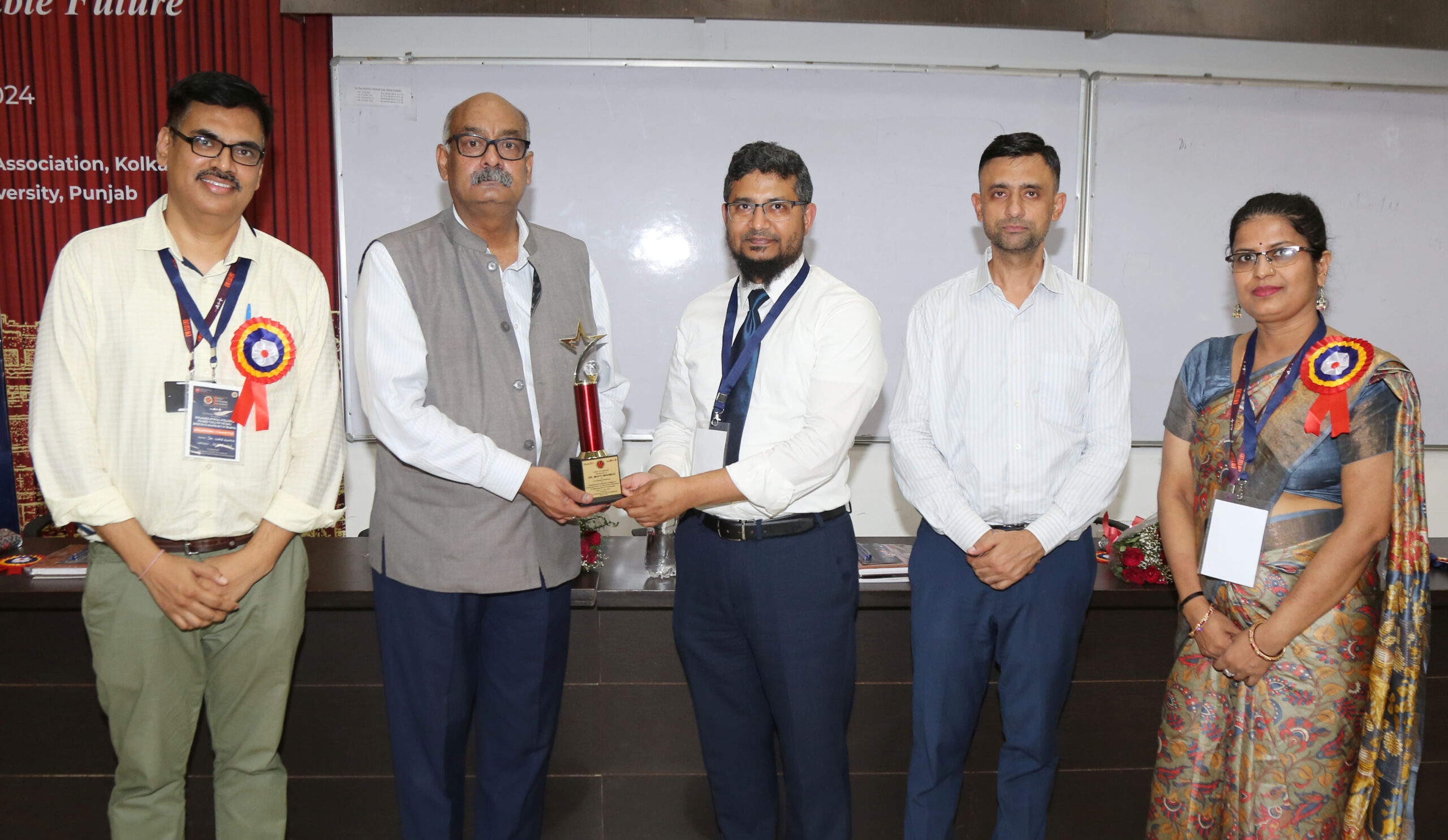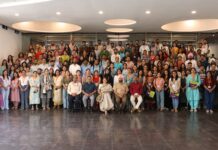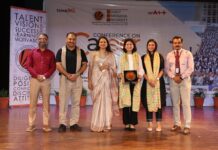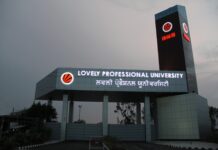To emphasise the collaborative approach between academia, healthcare professionals, and industry, LPU hosted a co-design workshop on ‘Explainable Artificial Intelligence-Powered Tools for the Early Detection and Management of Dementia’. This workshop is funded by Nottingham Trent University (UK) and supported by the Applied Intelligence and Informatics Lab, UK.
Guest of Honour Dr. Mufti Mahmud, Director, CCBI Research Group, Nottingham Trent University UK, and Dr. Mohammed Mostafizur Rahman, Head Department of Mathematics, American International University Bangladesh, along with Prof. Dr. Lovi Raj Gupta, Pro-Vice Chancellor and Head of School of Electronics and Electrical Engineering, Dr. Gaurav Sethi, attended the event.
Dr. Mahmud stated that detecting and managing dementia in India is crucial due to the rapidly ageing population and limited healthcare resources. Explainable AI-powered tools are needed to provide transparent, accurate diagnoses and personalised care plans, ensuring healthcare providers and families understand and trust the AI’s decisions and ultimately improving patient outcomes.
He conducted a workshop focused on creating explainable AI-powered tools for dementia detection and management. He presented a journey of AI-based methods from black-box learning models to explainable artificial intelligence models. Dr M Mostafizur Rahman also, shared insights. Dr. Anmol Singh Rai, a neurologist at Shrimann Super Speciality Hospital, has shared his real-life experiences with dementia patients with a detailed discussion on cause, treatment, and standard procedures adopted by healthcare professionals in India. He also emphasised the need to introduce AI, ChatBOT, and security and privacy issues and challenges.
Addressing the event, Dr. Lovi Raj Gupta emphasised the significance and importance of developing explainable AI tools to address the growing need for the early detection and management of dementia, a crucial aspect of modern healthcare. He said this workshop underlines the importance of integrating multiple perspectives to develop effective, user-centric solutions.


















